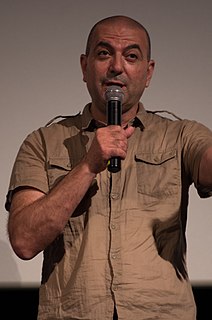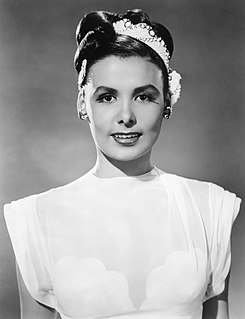A Quote by Bob Hawke
[Malcolm Fraser] went straight from Melbourne Grammar to Oxford. And he would have been a very lonely person, and I think he probably met a lot of black students there who were also probably lonely. I think he formed friendships with them, which established his judgement about the question of colour. That’s my theory. I don’t know whether it’s right or not, but that’s what I always respected about Malcolm. He was absolutely, totally impeccable on the question of race and colour.
Related Quotes
All the arguments there are against Malcolm [Turnbull] - and there are many - the one thing in which he is impeccable and why I would support him in this is that he has an absolutely impeccable record on the question of colour and race. People often wondered why. What I see as a possible explanation is [that] he came from a very wealthy family - a 'squattocracy' - and he had private education at home and then he went to boarding school at Melbourne Grammar School, one of those lead schools in Australia.
Malcolm Fraser, in the marrow of his bones, despised racism. He despised people who discriminated against other people because they were different and in particular because of the colour of their skin, and I don't think there has been a time in Australian politics where there has been more attention to the importance of that value.
Over a period of about year-and-a-half, Malcolm X and [Alex] Haley agreed to work with each other. They met usually after a long business day that Malcolm put in very tired. He would get there at about - either at Haley's apartment or they would meet at then Idyllwild Airport at a hotel, and Malcolm would be debriefed by Haley. He would talk, Haley would take notes.
There was something really wonderful about being able to feel confident about doing my first exhibition in China, that people would have no trouble recognising the images and understanding my work. I also have a lot of freedom in the way I use colour, and I think that kind of freedom in colour is also understandable in every culture.
Elements within Malcolm's X own entourage, some of them were very angry with some of the changes that had occurred with Malcolm. One source of anger, curiously enough, was that - was the tension between MMI and OAAU, that the MMI, the Muslim Mosque Incorporated, these were women and men who had left the Nation of Islam out of loyalty to Malcolm, but then Malcolm continued to evolve rapidly.
We like to think of the '60s as Martin Luther King, Jr. and Malcolm X and a little bit of friction - no, there were all of these different groups. There was the Student Nonviolent Coordinating Committee (SNCC), the Black Panthers, Martin and Malcolm, but also the Whitney Youngs of the world, the Bayard Rustins of the world.
I think that part of being human is being alone, and being lonely. I think one of the stresses on a lot of our friendships is that we require the people we love to take away that loneliness. and they really can't. And so, when we still feel lonely, even in the company of people we love, we become angry with them because they don't do what we think they're supposed to. Which is really something that they can't do for us.
I've been lonely for so long. And I've been hurt so deeply. If only I could have met you again a long time ago, then I wouldn't have had to take all these detours to get here.' Tengo shook his head. 'I don't think so. This way is just fine. This is exactly the right time. For both of us. [...] We needed that much time.... to understand how lonely we really were.









































